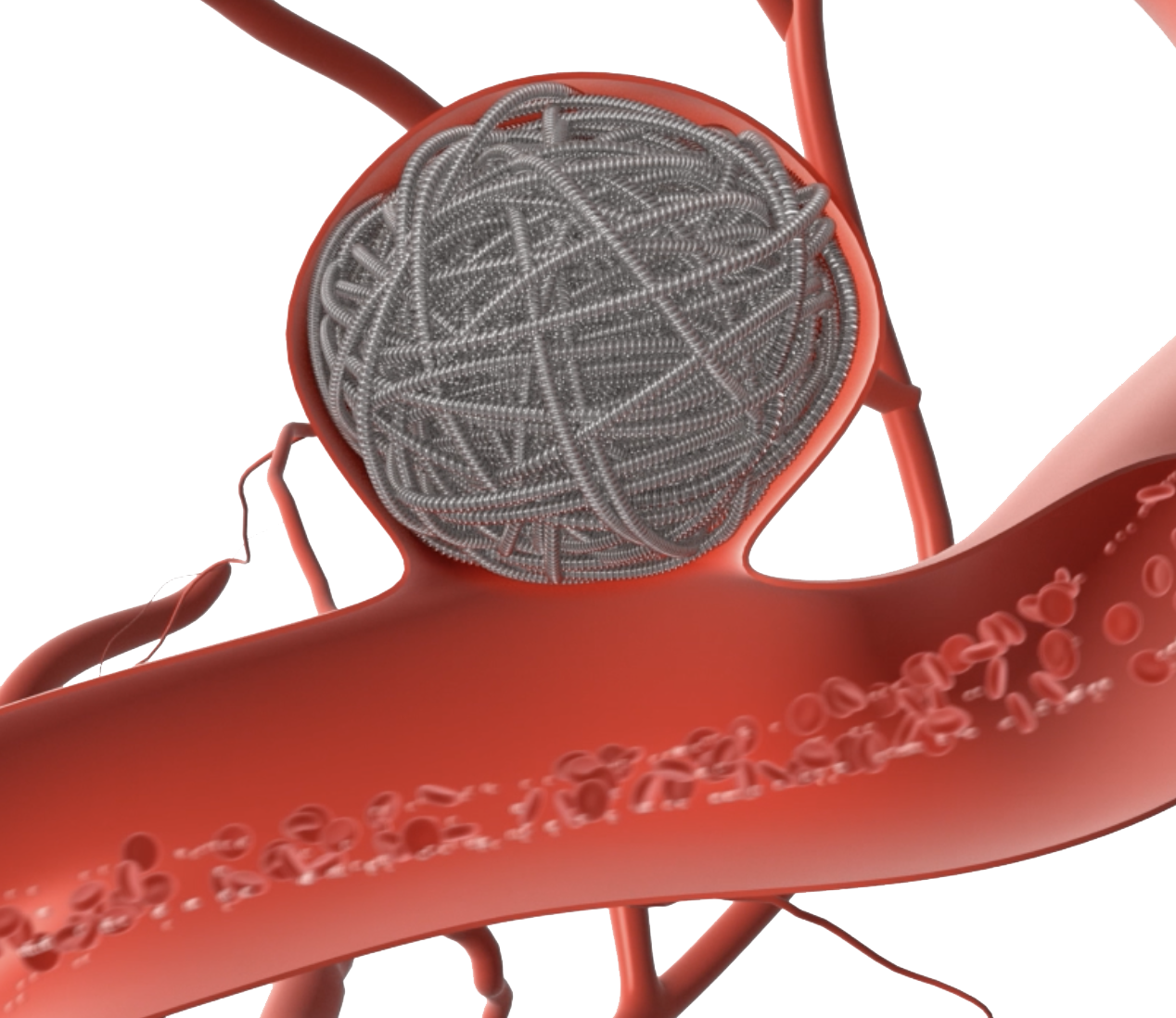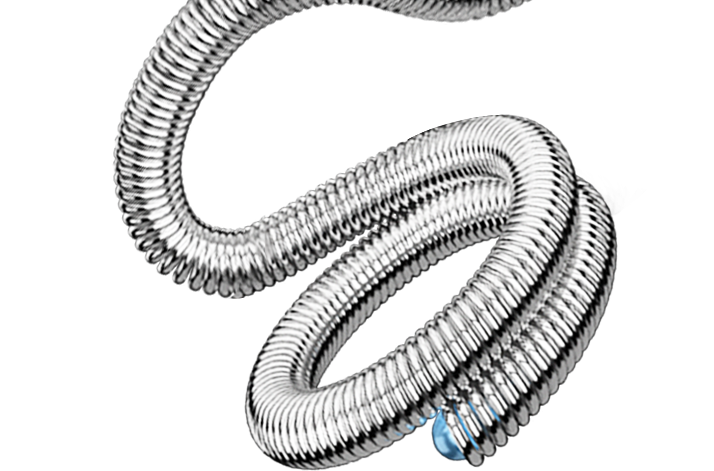

The Numen™ Coil Embolization System is designed to provide effective endovascular treatment for neurovascular and peripheral vascular abnormalities. Engineered with advanced technology, Numen™ coils offer exceptional performance, safety, and efficacy in the treatment of intracranial aneurysms and other complex conditions.
NUMEN™
High Efficacy in Flow Diversion
The Numen™ coils effectively obstruct blood flow in vascular abnormalities, promoting thrombosis within the aneurysm and reducing the risk of rupture.
Strong Supportability
The system ensures robust structural support, providing stability and reliability during intricate procedures, essential for safe and effective embolization.
Versatility
Numen™ coils are available in various types, including MicroFrame, MicroFill, and MicroFinish, offering optimal solutions for different stages of the embolization procedure, from framing to filling and finishing.
Smooth Delivery
The delivery wire of the Numen™ system promises stable and smooth coil delivery, balancing pushability and trackability to ensure precise placement.
Reliable Detachment System
The NumenFR™ detachment system offers reliable, fast, and simplified electrolytic detachment with real-time feedback, enhancing procedural efficiency and safety.
Enhanced Radiopacity
he coils are equipped with radiopaque markers, providing excellent visibility under fluoroscopy, facilitating accurate deployment and positioning during procedures.
Conformability
The Ω+S structure of the coils ensures uniform distribution and robust neck coverage, conforming to various aneurysm morphologies and effectively packing remnant spaces.
CATCH Trial
The CATCH trial was a randomized, prospective, multicenter study conducted in China to evaluate the safety and efficacy of the Numen Coil Embolization System compared to the Axium coil for the treatment of small intracranial aneurysms. Enrolling 124 patients with aneurysms smaller than 5 mm, the trial found that the Numen coil demonstrated comparable success in aneurysm occlusion at 6 and 12 months follow-up, with no significant differences in complication rates between the two groups.











